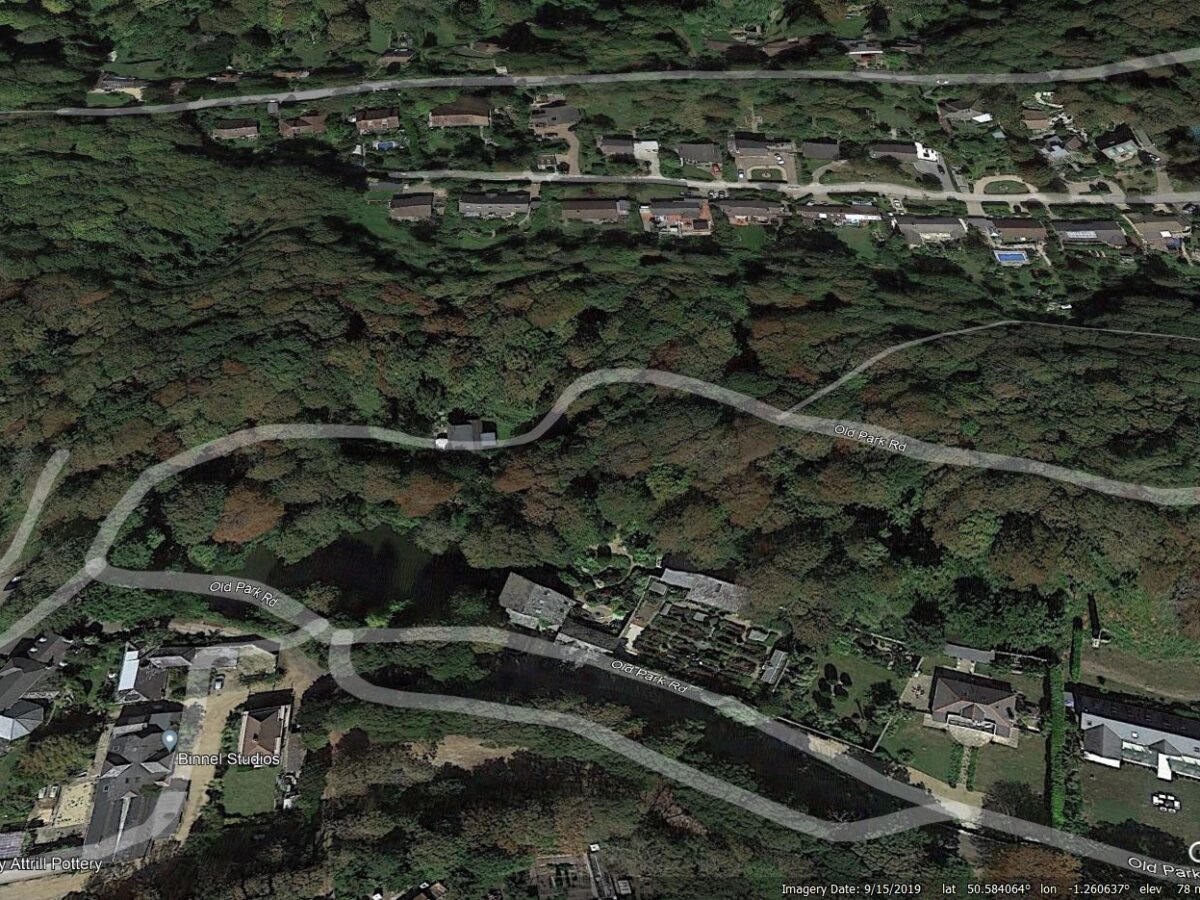يمكن للأعشاب البحرية المغمورة أن تخزّن الكربون في قاع المحيط، ولكن يظل من غير الواضح مدى فاعلية هذه الاستراتيجية، وكيف ستؤثر على صحة المحيط.
Climate Change
Where and How Sea-Level Rise Threatens Coastal Areas and Communities
To better understand how sea-level rise threatens coastal areas, scientists propose a new indicator to estimate the risk of coastal flooding under climate change.
La química del agua somera podría hacer a los arrecifes más resistente a la acidificación del océano
Estudios de los Cayos de Florida revelan variaciones geográficas y temporales en los efectos de la acidificación en corales.
Scientists Quantify Blue Carbon in Bahamas Seagrass
The island nation’s underwater fields store huge reserves of carbon, though not as much as scientists thought.
ارتفاع درجة حرارة المحيطات يمهد الطريق لحدوث موجات جفاف خطيرة، ولكن يمكن التنبؤ بها، في شرق أفريقيا
اكتشف العلماء رابطة بين التدرجات الحرارية في المحيط الهادئ وبين موجات الجفاف الفتاكة والتي يمكن التنبؤ بها في شرق أفريقيا.
Climate Change Is Weakening River Seasonality in the North
Seasonal flow variability is decreasing as climate change alters Earth’s systems, creating challenges for water management.
New insights into the ongoing landslide at St Lawrence on the Isle of Wight
The Landslide Blog is written by Dave Petley, who is widely recognized as a world leader in the study and management of landslides. The extraordinary spell of wet weather continues to have a major impact across the United Kingdom, with landslides occurring in many places. The rail network is being significantly disrupted by earthworks failures, […]
La acidez del océano antártico aumentará rápidamente a finales del siglo
Nuevos estudios muestran que los niveles de acidez podrían llegar a duplicarse para el 2100, poniendo en peligro los ecosistemas frágiles del gélido Océano Austral.
Can the Belt and Road Go Green?
China’s global infrastructure investments could tip the scales on climate change, but its relationship with partner countries is complicated.
Coming to a Consensus on Carbon
A new study describes inconsistencies in how different Earth system models predict soil carbon levels in a warming climate.










